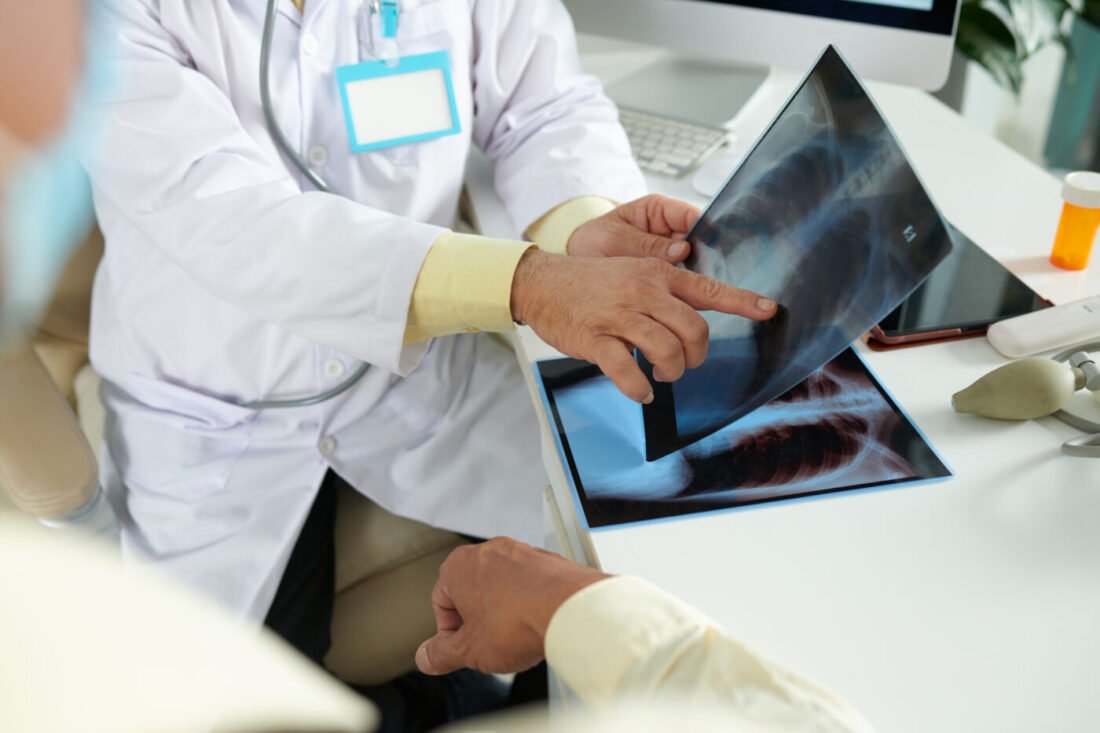Importance of Generators for Hospitals and Healthcare

You’d be hard done by thinking of machinery and equipment in a hospital that doesn’t require electricity.
To be powerless would be at the liability of the patient’s welfare as both staff and patients rely on electrical equipment to help maintain the ongoing demands of healthcare. Without power, it would grind to a halt putting lives at risk.
What Hospital Equipment relies on electrical power
Some examples of crucial machines that need power are.
- Scan Machines (X-Ray, MRI, CAT)
- Refrigerators
- IV Systems
- Life Support
- Oxygen masks
- Communication Devices
How can a generator help hospitals and healthcare
On top of keeping the significant machines and systems running reducing the risk to patients, generators also allow for the retention of data that could otherwise be lost during a power outage. Having correct medical records of patients in a medical facility is hugely important to diagnose and treat them properly.
A generator also enables internal and external communication to continue unaffected. This is vital to allow patients to effectively alert staff of any issues. Not to mention departments can maintain contact with one another to enable the hospital to continue running effectively.
As a result, Generators are an absolute necessity at hospitals in order to maintain normal function in the case of a power outage.
How does a hospital backup generator work?
A hospital will use a UPS (uniteruptable power supply) to provide 24/7 emergency power by automatically transferring the electrical load within seconds of detecting a power outage.
It’s vital that the backup generators have enough fuel supply to last several days in the case that a storm causes power loss for multiple days. A full tank will typically supply 8 hours of backup power, so it’s essential to have enough fuel stored so you can regularly refuel and maintain operation to keep the hospital running for multiple days.
As well as this, a quick response time is essential for hospital backup generators as it could be the difference between life and death for people on life support. Most power systems will be able to switch power from the mains to the generator within 10-20 seconds, and this is because the generator needs to briefly start running before the load is transferred to it.
What type of generator is needed for a hospital?
Unfortunately, however, it’s not as easy as buying any old standby generator and thinking that’s it, problem solved. To ensure that the generator you get is an effective solution to a power cut, you’ll need to consider a variety of factors, including:
What Size Generator is required for a Hospital
A hospital generator will differ from one used in a residential home as the stakes are a lot higher than keeping your lights on and fridge cold. As such, it needs to be much larger to allow for a big enough fuel tank to provide backup power to the entire hospital for extended periods. This will buy valuable time to allow the outage to end or fix the issue with the power.
For information on the size of generator you’ll need, get in touch with the team to get advice on how to supply backup power to your hospital.
Generator Maintenance
You must perform regular testing and maintenance to ensure it is working at all times, ready to jump into action when the need arises. It would be best if you also got the generator professionally serviced on an annual basis to make sure your generator is fit for duty.
These checks cover:
- Fluid levels
- Fuel hoses, storage and pumps
- Run off load
- Oil quality
- Coolant hoses and engine
- Battery voltage and charge
- Electrical connections and wiring
At Hampshire Generators, we offer a comprehensive range of hospital backup power solutions. Give us a call on 01329 277203 to discuss any aspect of standby backup power.






